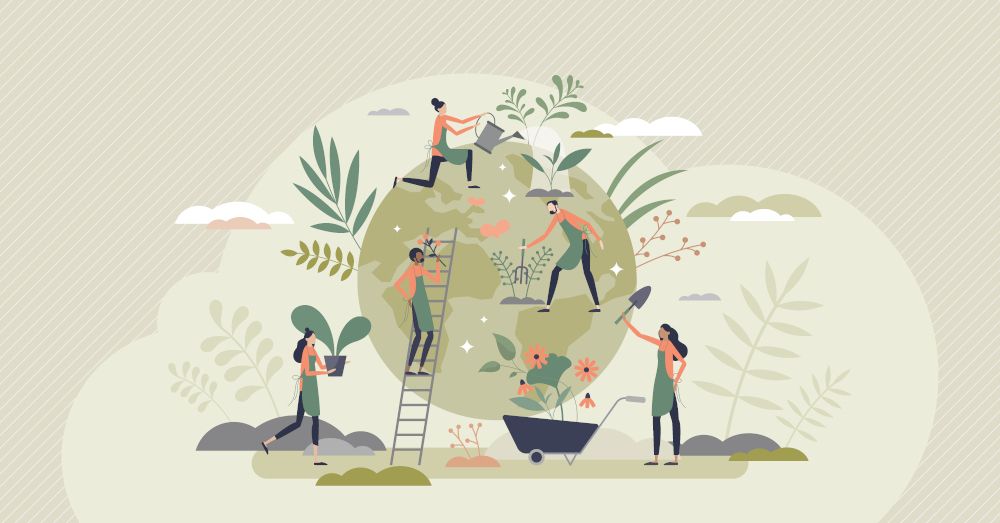Verdure Sciences’ second annual sustainability report tracks company’s progress on sustainable farming and sourcing
The report includes case studies on Curcuma longa, Bacopa monnieri, and Boswellia serrata.
Verdure Sciences (Noblesville, IN) has released its second annual sustainability report detailing the company’s progress in increasing sustainable ingredient sourcing as well as traceability “from farm to formulation.” The report includes case studies on the company’s ingredients, including Curcuma longa, Bacopa monnieri, and Boswellia serrata.
Through Verdure’s Sustainable Procurement Program (SPP), initiated in 2017, the company works with its growers “to define and structure the plans for farmers to secure reliable, premium sources of income and resources while maintaining the sustainability of botanicals, local ecology, and the people who grow and harvest the plants used in our proprietary ingredients,” the report states.
The program includes qualification, in which Verdure vets farmers as well as seed and herb quality and purity. The second stage is a preparation stage encompassing soil testing, soil preparation, controlled collection, controlled drying, farmer meetings, farmer trainings, and practicing good agricultural practices and achieving certifications. The third stage focuses on crop management, including regenerative agriculture (as well as organic agriculture where applicable), as well as providing onsite agronomist support. Finally, the program aims to improve post-harvest processing.
The report details how Verdure has implemented its goals to help farmers grow more sustainability and to thrive long-term. For example, the company provided its Curcuma longa farmers, largely in the Southern region of India, with two boilers “to boil the turmeric rhizome, which optimizes post-harvest efficiency sixfold and, in turn, saves the farmers in post-harvest processing costs.” Farmers are also paid within 24 hours of ingredient purchase, and Verdure reports than since establishing the program in 2019, the company has retained 78% of its farmer-relationships. The company also supports farmers with “mutually beneficial buy-back assurances.”
For the farmers who grow Verdure’s Bacopa monnieri materials, largely in Western India, the company helped implement polyhouse technology that improves drying time by 50% compared to sun drying. This “helps to mitigate fungus, mycotoxins, and insect infestations, thus improving the impurity profile.” Among other assistance, Verdure helped farmers convert to organic-certified practices and, as with its turmeric growers, continues to foster relationships with the farmers and their families. It reports that the farmers’ income “increased threefold after switching to bacopa cultivation.”
Finally, Verdure worked with its long-term Boswellia serrata grower in India, as well as with local government and forest officers and tribal communities, on reforestation. The initiative planted 30,000 Boswellia serrata saplings across 25 hectares of land, which ultimately yielded 7000 surviving trees.
Magnesium L-threonate, Magtein, earns novel food authorization in the European Union
December 19th 2024According to the announcement, the authorization is also exclusive to AIDP and its partner company and licensee, ThreoTech, meaning that they are the only parties that can market magnesium L-threonate in the EU for a period of five years.
